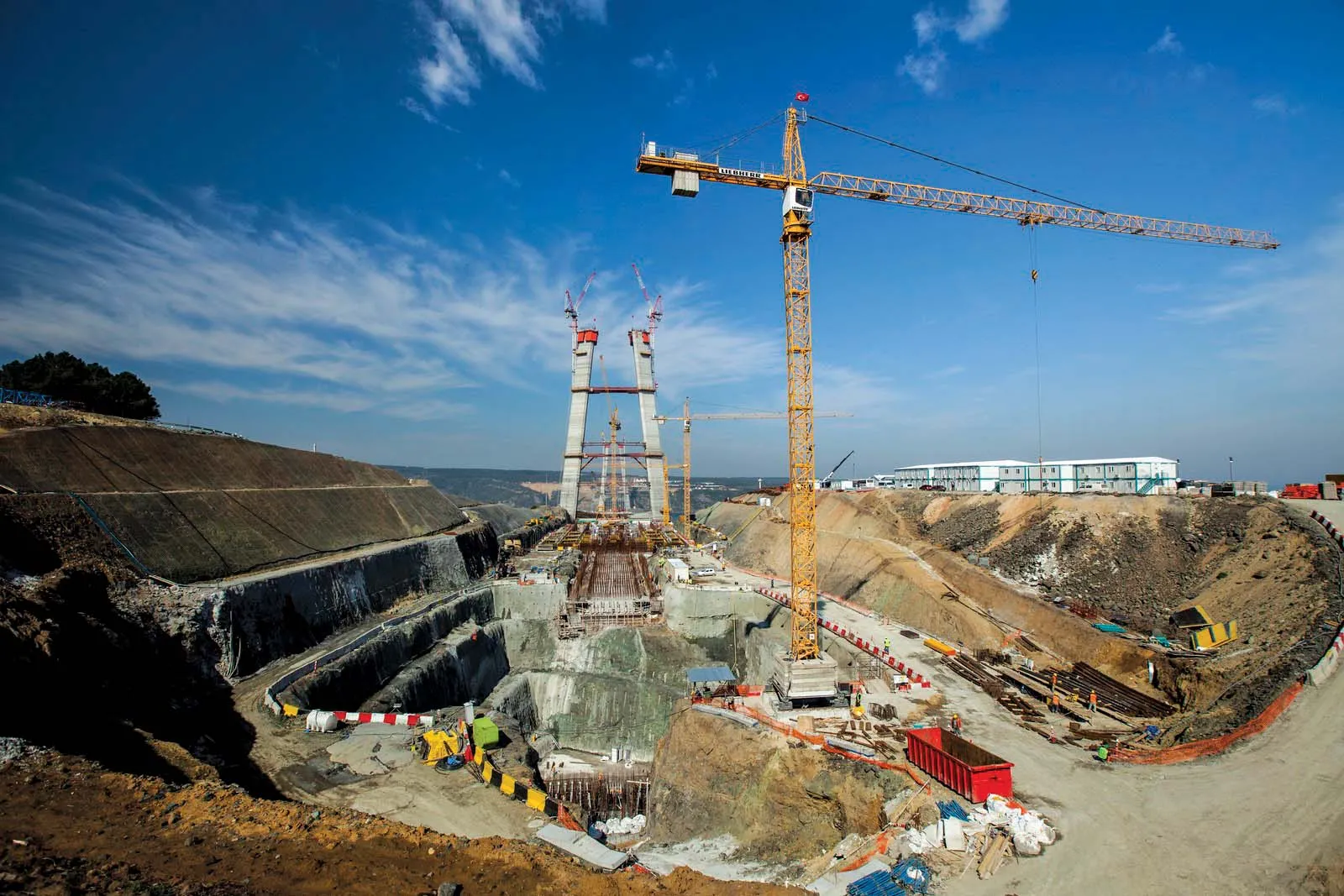Construction work on a new bridge connecting Brazil and Paraguay has suffered a further delay. The 760m suspension bridge itself is expected to cost in the order of US$102 million while the building of link roads and customs/immigration facilities bring the project total to some $170 million, according to a report by Business News Americas. Contractor Empresa Sul Americana de Montagens (EMSA) was originally thought to be the front runner for the project following its lowest cost bid of $101.78 million for t
June 4, 2014
Read time: 2 mins
Construction work on a new bridge connecting Brazil and Paraguay has suffered a further delay. The 760m suspension bridge itself is expected to cost in the order of US$102 million while the building of link roads and customs/immigration facilities bring the project total to some $170 million, according to a report by Business News Americas. Contractor Empresa Sul Americana de Montagens (EMSA) was originally thought to be the front runner for the project following its lowest cost bid of $101.78 million for the bridge. But the contact was given to contractor Construbase-Cidade-Paulitec, which priced the bridge construction at $102.22 million. Following the award to its rival bidder, EMSA put in an official complaint. This has now brought the project to a halt while the authorities, Brazil's transport infrastructure department (DNIT) and Paraguay's public works and communications ministry (MOPC), investigate further. The bridge was initially proposed in 2007 and construction work is now expected to commence in September 2014, once the contract award issues have been unravelled. When complete, the bridge will link Foz do Iguaçu in Brazil with Presidente Franco in Paraguay.







